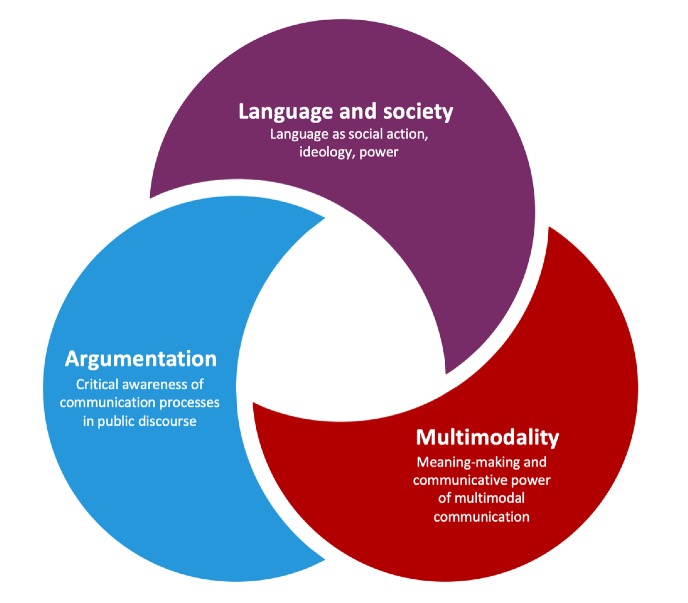Welcome to our new Group: Responsibility, language and communication
We welcome a new group that joins the Agricola School: Responsibility, language and communication. It introduces itselve below:
The Responsibility, Language, and Communication group
The Responsibility, Language, and Communication group (Responsus) is committed to fostering sustainable futures through the study of language and communication.
We recognize the power of language and communication to shape our understanding of the world and our relationships with each other and the environment.
As a group, we take our 'responsus' - our responsibility and our commitment to response - seriously: we are committed to responding to practical needs in research and curriculum development by working with colleagues to understand and incorporate the role of language and communication in their work.

The role of language
We seek to understand the role of language and communication in the creation of more equitable and environmentally responsible societies, and we are dedicated to helping other disciplines, such as economics, entrepreneurship, marketing, environmental sciences, and engineering (to name a few), to develop a deeper understanding of the role and power of language and communication.
Drawing on approaches from (applied) linguistics, business and professional communication, organization and multimodal discourse studies, as well as rhetoric and argumentation, we aim to promote the use of language and communication as tools for fostering communication skills, critical thinking, social responsibility.
We work in three overlapping strands, see the image.
Groupmembers of Responsibility, language and communication:
Erika is passionate about raising awareness of the importance and power of language especially its role in pressing societal issues. She is the co-host of the Words and Actions podcast and currently the vice president of the Association for Business Communication.
Matt Drury
As an ecologist turned applied linguist, Matt is keen on raising awareness of the role that language can play in exacerbating environmental problems. He uses this knowledge to investigate forms of communication which challenge the status quo and inspire meaningful behavioural change.
Femke's involvement stems from her firm belief that it is through language that we shape and perceive the world. In her teaching, she encourages students to recognise and expose patterns of language use that contribute to ecological destruction, and to seek, preserve and restore forms of expression that inspire people to protect nature.
Believes it is crucial for a just and sustainable society that people are aware of the influential force of language, especially in decision-making processes, and possess the tools to recognize and critically assess explicit and implicit argumentative strategies.
Gisela Redeker
Information follows
Strongly believes in the multimodal nature of language and communication and therefore feels responsible for raising awareness of the importance of all expressive forms in our texts and speeches: static and moving
A literary critic, Massih is fascinated by the cultural, political, economic, and material aspects of sustainable and pro-environmental behavior at individual and collective levels. His foray into these complex and intricate dynamics primarily concern the potential environmental impacts of humor and satire in cultural productions.
Contact
To get in touch and to follow our activities, join RESPONSUS on LinkedIn
| Last modified: | 15 October 2024 1.37 p.m. |
More news
-
24 March 2025
UG 28th in World's Most International Universities 2025 rankings
The University of Groningen has been ranked 28th in the World's Most International Universities 2025 by Times Higher Education. With this, the UG leaves behind institutions such as MIT and Harvard. The 28th place marks an increase of five places: in...
-
05 March 2025
Women in Science
The UG celebrates International Women’s Day with a special photo series: Women in Science.
-
16 December 2024
Jouke de Vries: ‘The University will have to be flexible’
2024 was a festive year for the University of Groningen. In this podcast, Jouke de Vries, the chair of the Executive Board, looks back.

